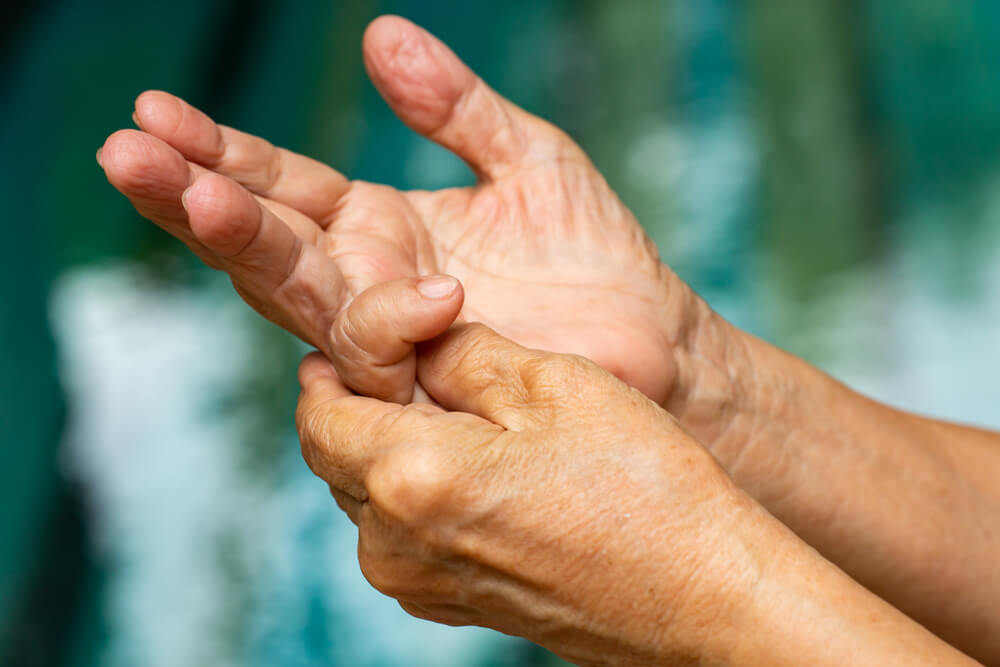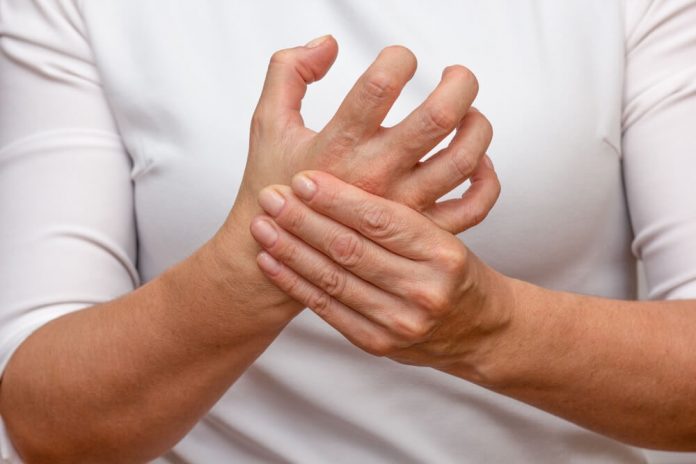Tingling in the hands or feet is a common sensation that most people have experienced at some point in their lives. It is often described as a “pins and needles” feeling or a prickling sensation that can be uncomfortable and sometimes even painful. While it may seem like a minor annoyance, tingling in the hands or feet can actually be a sign of a more serious underlying condition. In this article, we will explore the various causes of tingling in the feet or hands and discuss possible remedies for this uncomfortable sensation.
One of the most common causes of tingling in the hands or feet is simply sitting or sleeping in an unusual position. This can lead to temporary compression of nerves and blood vessels, causing the tingling sensation. In most cases, the tingling will go away on its own once the pressure is relieved. However, if you frequently experience tingling in your hands or feet, it may be a sign of an underlying issue.
One possible cause of tingling in the hands or feet is a pinched nerve. This occurs when a nerve is compressed or irritated, often by surrounding tissues such as bones, muscles, or tendons. Pinched nerves can be caused by repetitive movements, such as typing on a computer, or by a sudden injury. In addition to tingling, other symptoms of a pinched nerve may include numbness, weakness, and pain. If left untreated, a pinched nerve can lead to more serious complications, so it is important to seek medical attention if you suspect you may have one.

Another potential cause of tingling in the hands or feet is a vitamin deficiency. Certain vitamins, such as B12, play a crucial role in nerve function. When there is a deficiency in these vitamins, it can lead to nerve damage and tingling sensations. This is especially common in individuals who follow restrictive diets, such as vegetarians or vegans, as they may not be getting enough of these essential vitamins. If you suspect that a vitamin deficiency may be causing your tingling, it is important to consult with a healthcare professional to determine the best course of action.
One of the more serious causes of tingling in the hands or feet is diabetes. High blood sugar levels can damage the nerves over time, leading to a condition known as diabetic neuropathy. This can result in tingling, numbness, and even loss of sensation in the hands and feet. If left untreated, diabetic neuropathy can lead to more serious complications, so it is crucial for individuals with diabetes to closely monitor their blood sugar levels and seek medical attention if they experience any symptoms.
In addition to the aforementioned causes, there are several other possible reasons for tingling in the hands or feet. These include autoimmune disorders, such as multiple sclerosis or lupus, as well as infections and injuries that can damage the nerves. It is important to consult with a healthcare professional to determine the underlying cause of your tingling and develop an appropriate treatment plan.

Now that we have explored the potential causes of tingling in the hands or feet, let’s discuss some possible remedies for this uncomfortable sensation. The first step in treating tingling is to identify and address the underlying cause. If the tingling is due to sitting or sleeping in an unusual position, simply changing your posture or massaging the affected area may help relieve the sensation. If a pinched nerve is the culprit, physical therapy or chiropractic care may provide relief. If a vitamin deficiency is to blame, your healthcare provider may recommend supplements or dietary changes to address the issue.
If you have diabetes, managing your blood sugar levels is key to preventing diabetic neuropathy and the associated tingling sensation. This may involve making dietary changes, exercising regularly, and taking medication as prescribed by your doctor. It is also important to monitor your feet for any cuts or sores, as individuals with diabetes may have reduced sensation and may not feel injuries as easily.
In addition to addressing the underlying cause, there are some home remedies that may help alleviate tingling in the hands or feet. These include:

- Applying heat or ice to the affected area to reduce inflammation and provide temporary relief.

2. Soaking in a warm bath with Epsom salts to relax the muscles and improve circulation.

3. Doing gentle stretching exercises to improve flexibility and alleviate pressure on nerves.

4. Trying acupuncture or massage therapy to promote relaxation and improve nerve function.

5. Using over-the-counter pain relievers, such as ibuprofen or acetaminophen, to help alleviate discomfort.
In some cases, medication may be prescribed to manage tingling in the hands or feet. This may include antidepressants, anticonvulsants, or topical creams that can help numb the affected area. However, it is important to consult with a healthcare professional before taking any medication, as they may interact with other medications or have side effects.
In conclusion, tingling in the hands or feet can be caused by a variety of factors, ranging from minor issues to more serious underlying conditions. It is important to pay attention to these sensations and seek medical attention if they persist or worsen over time. By addressing the underlying cause and following the recommended treatments and remedies, you can alleviate the discomfort of tingling and improve your overall quality of life. Remember to always consult with a healthcare professional for an accurate diagnosis and personalised treatment plan.








